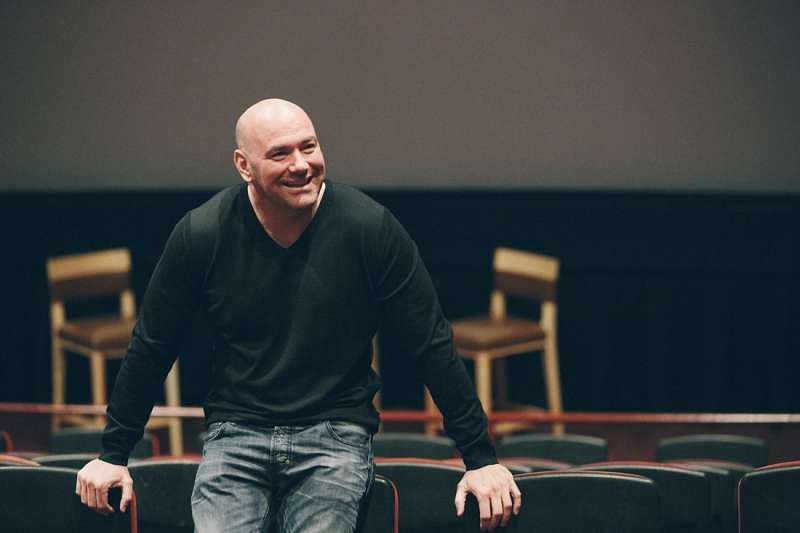
5 pivotal moments that lead to the dominance of the UFC

When WWE became the dominant promotion in pro-wrestling, most fans could point to one pivotal moment that cemented them at the top – the buyout of rival WCW in March 2001. With WCW gone, Vince McMahon’s company could rule the wrestling world on its own.
The UFC has had almost equal dominance in the world of MMA, but unlike WWE – who only really had to deal with one competitor in the modern era – they’ve had to battle many competitors during their rise to the top. By hook or crook, though, the UFC has always come away victorious.
Here are the five pivotal moments – either triggered by the UFC or their parent company Zuffa, or by matters that were out of their hands – that allowed them to establish the dominance that we see from them today.
#1 The Yakuza scandal hits PRIDE and sinks the ship
Prior to the TUF explosion in 2005, the top MMA promotion in the world was centred in Japan.
PRIDE Fighting Championships had the lion’s share of the world’s best fighters under their banner and although the promotion wasn’t quite run like a US-based organisation would’ve been, for the most part, they put on epic events.
By 2006, MMA’s rise in popularity in the US had allowed the UFC to make some headway in terms of roster strength, but despite the promotion pulling huge PPV buyrates, many of the world’s top fighters were still signed with PRIDE.
That was about to change.
In a story far too complex to explain in a few words, it was revealed in 2006 that PRIDE’s parent company, Dream Stage Entertainment, were, in fact being bankrolled by Japan’s infamous Yakuza gangs.
The word was that the Yakuza had put pressure on a rival promotion – Inoki Bom Ba Ye – to prevent them from using PRIDE star Mirko Cro Cop on their 2003 New Year’s Eve event.
Also read: 5 Most emotional moments in UFC history
Arrests were made regarding the scandal as early as February 2006, and soon, the Japanese press began printing stories linking PRIDE execs such as Nobuyuki Sakakibara to the Yakuza. In June, the pressure of the scandal became too much for the promotion to handle.
Backers Fuji TV dropped PRIDE from their programming, and while the promotion continued on for the rest of the year it was clear that they were in trouble.
As 2006 came to an end, a lot of star fighters (Rampage Jackson, Heath Herring, Mirko Cro Cop, Fabricio Werdum) began to abandon the PRIDE ship.
In early 2007, with the promotion now toxic to Japanese TV stations. DSE sold PRIDE – the full video library, the rights to the PRIDE name, and a handful of fighter contracts – to the UFC’s parent company Zuffa.
While not all of the top fighters migrated onto the roster, this was the first pivotal moment for the UFC in terms of market dominance – their biggest rival was absorbed in a similar way to how WWE had absorbed WCW, and now nobody could argue over which was the world’s top MMA promotion.
The UFC was now the only answer.